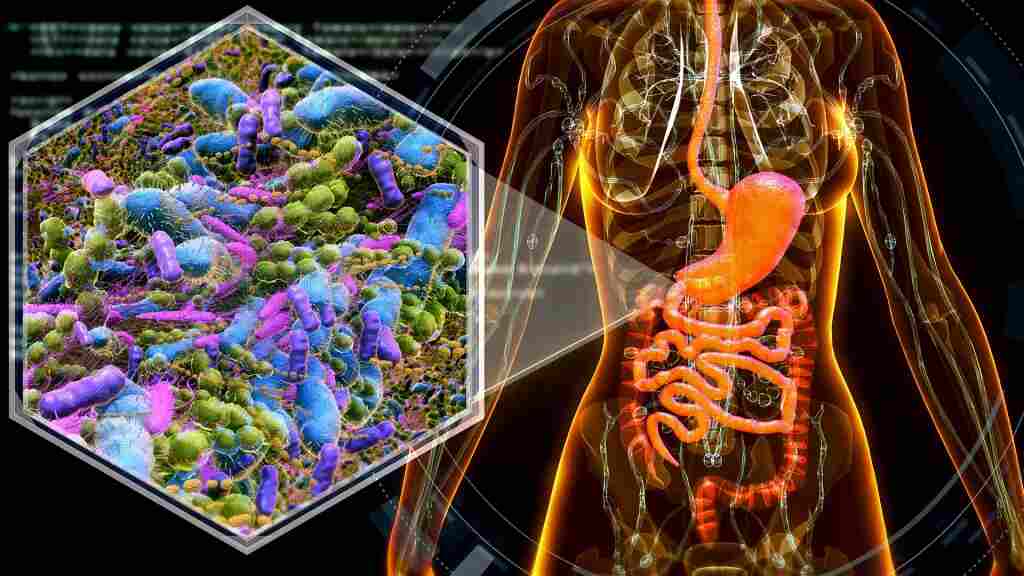THE LATEST
Mayo Clinic researchers develop innovative computational tool providing insights into gut microbiome health

In a recent breakthrough, Mayo Clinic researchers have unveiled an innovative computational tool that marks a significant advancement in the assessment of an individual's gut microbiome health. Published in Nature Communications, the study introduces the Gut Microbiome Wellness Index 2. This tool utilizes bioinformatics and machine learning techniques to analyze stool gut microbiome profiles and can distinguish healthy individuals from those with diseases with an impressive 80% accuracy.
The Gut Microbiome Wellness Index 2 is a major leap in microbiome research, drawing from a large dataset of over 8,000 stool gut microbiome samples representing various diseases, geographical regions, and demographic groups. By applying machine learning, the tool can detect subtle changes in gut health, providing crucial insights into an individual's progression towards, or recovery from, various diseases.
Dr. Jaeyun Sung, the senior author and computational biologist at Mayo Clinic's Microbiomics Program, emphasized that the tool is not meant to diagnose specific diseases but rather to serve as a proactive health indicator. It enables the quantification of subtle shifts in gut health, empowering individuals to take proactive measures in managing their health and making dietary or lifestyle adjustments that could potentially prevent mild issues from escalating into more severe health conditions.
Machine learning played a crucial role in the development of the Gut Microbiome Wellness Index 2. It aided in the precise identification of microbial species, the selection of relevant features, and the optimization of the predictive model. Through extensive testing on a training set of over 8,000 microbiome samples and validation on a new cohort of 1,140 samples, the researchers were able to demonstrate the robustness and precision of the tool.
The tool's versatility was demonstrated in its successful evaluation across varied clinical scenarios, including individuals undergoing fecal microbiota transplantation, altering dietary fiber intake, or having antibiotic exposure. This showcases its ability to capture shifts in gut health and offer a comprehensive assessment of an individual's microbiome status.
Looking ahead, Dr. Sung and the research team aim to enhance the Gut Microbiome Wellness Index 2 by expanding its dataset to include a broader range of microbiome samples from diverse populations and integrating more advanced artificial intelligence techniques, thereby bolstering the tool's predictive accuracy and adaptability.
The development of the Gut Microbiome Wellness Index 2 marks a paradigm shift in the evaluation of gut microbiome health, harnessing the power of machine learning to provide individuals with a proactive and instrumental tool for managing their overall well-being.

